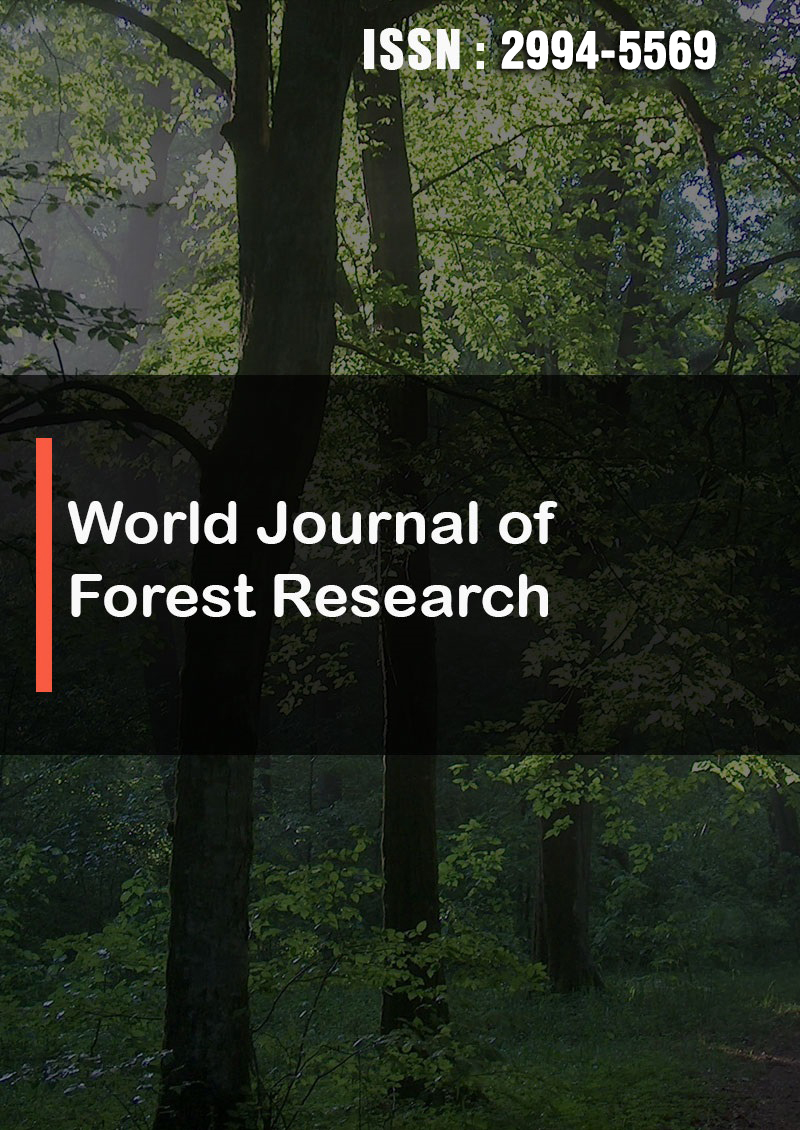Assessment of changes in climatic variables in hadeja-nguru wetlands
Abstract
Alkali, U.U, Nasuru Y and Gujja A.A
The study assessed the changes in climatic variables in Hadeja Nguru wetland. Parameters evaluated includes; varia- tion in climatic variables over a 40-year window (1979-2019) Data on climatic variables on daily basis were obtained for a period 40years and Satellite imageries of the study area were officially downloaded from the United State Geo- logical Survey website. Paired sample T-test and chi-square test of association were used in assessing the variation in climatic factors. Result showed that indicated sparse distribution as a major effect of climate change. Decreased production in crops, land shade, damaged of harvested crops, increase in insect population, shortening the time of ger- minating seeds were thought to be the consequences of reduction in rainfall, excessive rainfall, irregular rain pattern and increase in temperatures respectively, Food scarcity, reduction in income due to depletion of crops were also pin- pointed as impacts of climate change. Information on climate change and its impact were obtained majorly from radio, while major mitigating strategy for changing climatic variables. Maximum and minimum temperatures, precipitation, wind speed, relative humidity and solar intensity between 1979 and 2019 were 40.07°C and 36.46°C, 1180.36mm and 58.18mm, 2.97m/s and 2.29m/s, 0.33g/kg and 0.22g/kg and 23.68w/m2 and 20.70w/m2 respectively. There was also a significant Chi-square value (33.481a) between respondents’ effect of climate change and increase in farm sizes. It is therefore concluded that there has been fluctuations in climatic variables. There is the need to put in place right poli- cies to protect and preserve wetlands to enhance their sustainability and resilience to climatic changes and variability.




